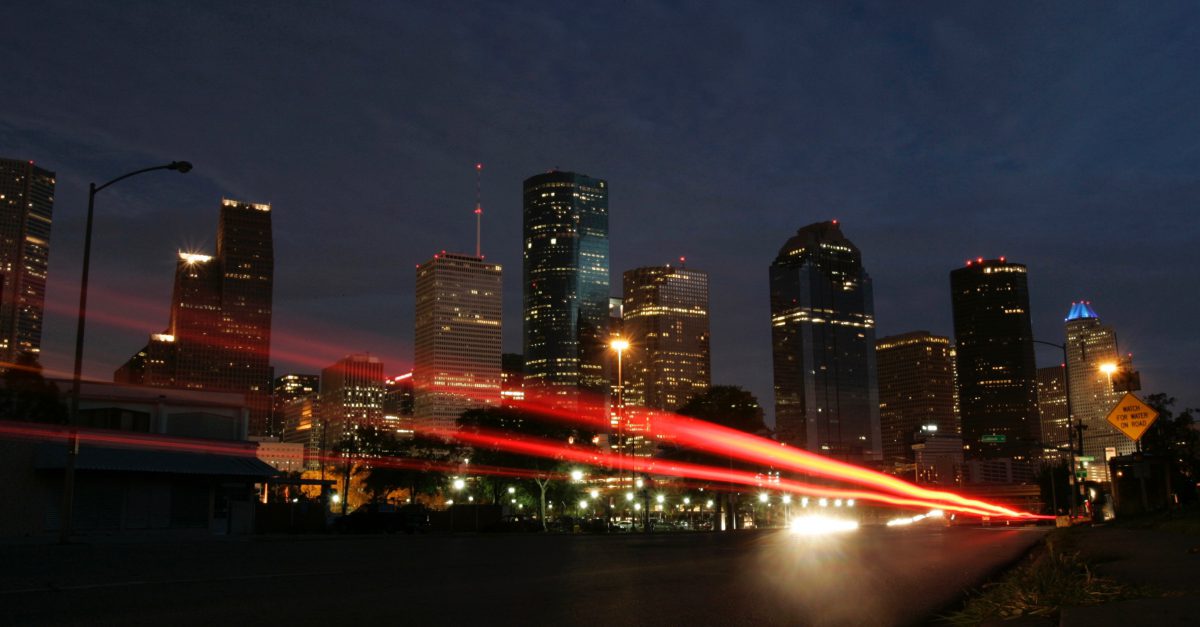Since 1990, the Hate Crime Statistics Act requires the U.S. Attorney General to, as the text reads, gather data “about crimes that manifest evidence of prejudice based on race, religion, sexual orientation, or ethnicity.”
Videos by Rare
While the law seems straightforward to some, law enforcement officials say they often struggle to distinguishing what actions qualify as a hate crime.
According to attorneys, even if authorities suspect a crime is a hate crime, the prosecutor may face difficulty in upgrading the charges.
RELATED: Judge Steven Kirkland hopes to become Texas’ first gay Supreme Court Justice
This is because a state’s case against an alleged party must prove the defendant committed the crime motivated by his prejudice against the victim’s protected class.
Though a crime may appear to be a hate crime, prosecutors say proving hate as a motive can be difficult.
Based on a study completed by ProPublica, the Houston Police Department is the largest jurisdiction with a low reporting of hate crimes.
While HPD serves a population of 2,334,348, they reported just eight hate crimes to the FBI in 2016 – a rate of .34 hate crimes per 1,000 persons.
Harris County reported no hate crimes during the same time frame.
In an interview with Houston Public Media, associate director of the Anti-Defamation League’s Southwest Regional Office Dena Marks described how the city of Houston itself is home to lower incidences of hate crimes than you would expect in a city of its size, possibly because the city’s diversity.
However, analysts agree this doesn’t completely explain the low incidence in hate crimes reporting:
Although the numbers look good for the city, critics like ProPublica believe the city is underreporting hate crimes.
However, this may not be the fault of the city and county.
According to a study conducted by the Justice Department, many hate crimes go unreported; in 2011, for example 74 percent of hate crimes went unreported.
Overall, on average just one in there hate crimes is ever reported to police.
RELATED: Study shows Houston is the least affordable city in Texas for renters
According to a report from Houston Public Media, hate crime investigations can also be hampered by fearful victims, who may feel like coming forward will just make the situation worse.
This is especially true for individuals who previously experienced discrimination or unwanted attention because of their race, religion, sexual orientation or ethnicity.
Harris County District Attorney Kim Ogg based part of her campaign against former D.A. Devon Anderson on the office’s lackluster performance when it came to prosecuting hate crimes, which means change may be coming to how Harris County approaches hate crimes.
But, if victims are unwilling to come forward, how can authorities take action?



